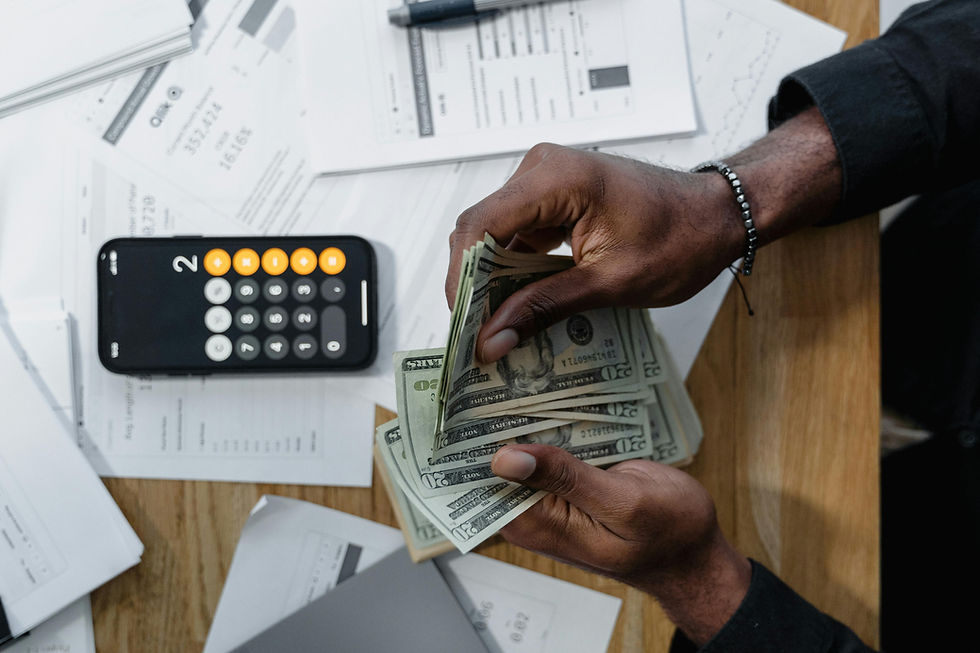Breaking Barriers: The Journey of Black Women in Government Contracting
- tamanisha
- May 28, 2025
- 2 min read
The world of government contracting offers enormous opportunities for economic growth and prosperity. Yet, for Black women entrepreneurs, this space has historically been fraught with challenges that stem from systemic barriers, discrimination, and lack of access to resources. Despite these obstacles, many Black women have entered the federal procurement arena and achieved remarkable success.
The Challenges
Black women face unique hurdles in government contracting that are often rooted in structural inequities:
Access to Capital: Many Black women-owned businesses struggle to secure the funding needed to compete effectively. Disparities in access to loans and unfavorable terms for minority-owned businesses exacerbate this issue.
Discrimination: Both overt and unconscious biases continue to limit opportunities. Procurement agencies and prime contractors often favor non-minority firms, creating an uneven playing field.
Networking Barriers: Exclusion from critical business networks means fewer opportunities to learn about contracts or form partnerships that could enhance competitiveness.
Complex Processes: Navigating the intricate requirements of federal procurement—such as bonding, certifications, and proposal preparation—can be daunting without adequate support.
These challenges contribute to significant disparities in the awarding of contracts. For example, while 23% of businesses registered for federal contracts are women-owned, they receive a disproportionately lower share of contract awards.
The Success Stories
Despite these barriers, Black women entrepreneurs have made groundbreaking strides:
Necole Parker, founder of The ELOCEN Group, secured multi-million-dollar contracts by leveraging certifications like SBA 8(a) and building strong relationships with government agencies. Her story inspires others to persist and innovate.
Programs such as the Black Business Pilot in Canada have demonstrated how targeted initiatives can help break down barriers by opening bidding opportunities specifically for Black-owned businesses.
These successes highlight the resilience and ingenuity of Black women in overcoming systemic challenges.
Strategies for Breaking Barriers
To ensure more equitable participation in government contracting, several strategies can be adopted:
Capacity Building: Expanding mentorship programs and providing training on proposal writing and compliance can empower Black women entrepreneurs to navigate procurement processes effectively.
Policy Advocacy: Advocating for policies that prioritize diversity—such as set-asides for minority- and women-owned businesses—can create a more level playing field.
Networking Opportunities: Facilitating access to industry events and partnerships with established contractors can help Black women build valuable connections.
Access to Data: Transparent tracking systems for contract awards can help identify disparities and hold agencies accountable for equitable practices.
Looking Ahead
The journey of Black women in government contracting is one of resilience, innovation, and determination. While systemic challenges persist, success stories demonstrate that change is possible when resources, advocacy, and community support align.
By continuing to push boundaries and demand equity in procurement practices, Black women entrepreneurs are not only securing their place in government contracting but also paving the way for future generations.




Comments